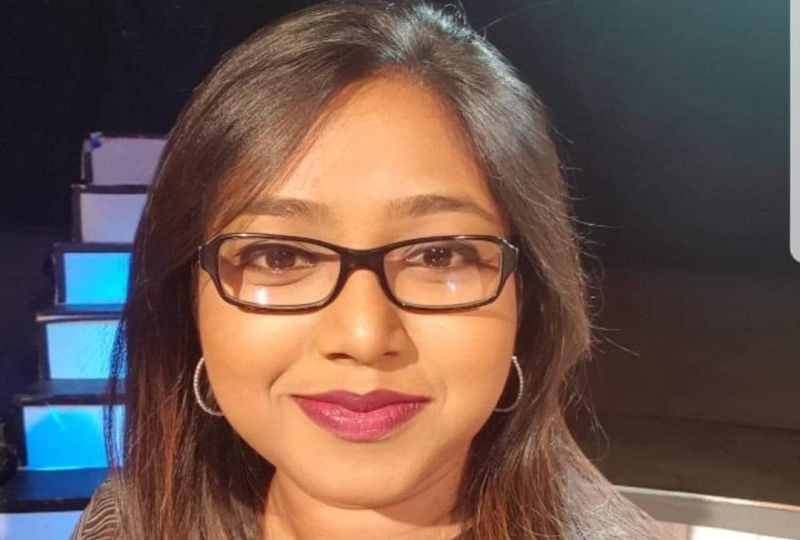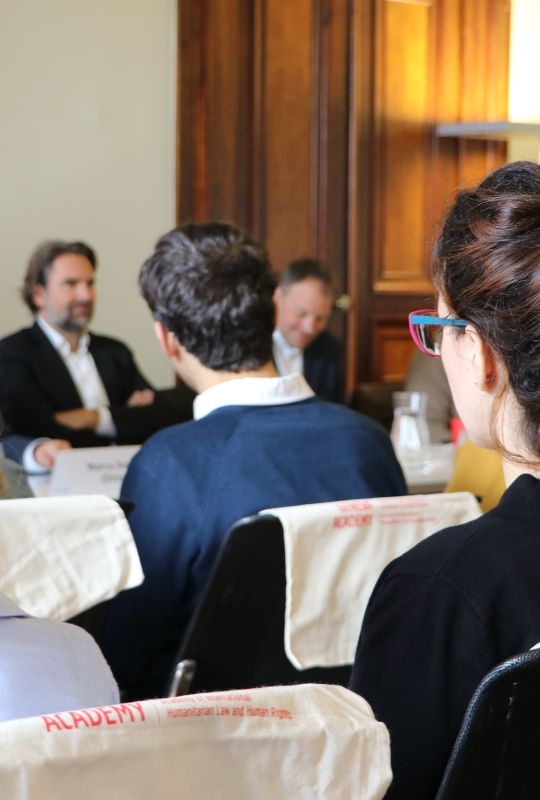The fact that the oral rounds took place online represented an additional challenge for all the teams who were not able to interact with each other between rounds.
‘Having to organize ourselves during the pandemic was a challenge in itself, but with our wonderful team we learned to adapt and stay connected, even though we were thousands of miles apart during the initial rounds of the competition’ tells Charlotte.
‘One of the key challenges that we had to overcome was proximity. During practices, I was quarantined at a hotel in Sri Lanka, while Charlotte, my teammate, was operating out of Montreal, Canada. Our supervisor Pavle Killibarda was guiding us through our memorials and orals whilst in Geneva, Switzerland!’ says Sonali.
‘Despite the fact that everyone was online, judges really took care to provide detailed individual feedback to every participant – we really appreciate this under the circumstances’ explains Pavle Kilibarda.











